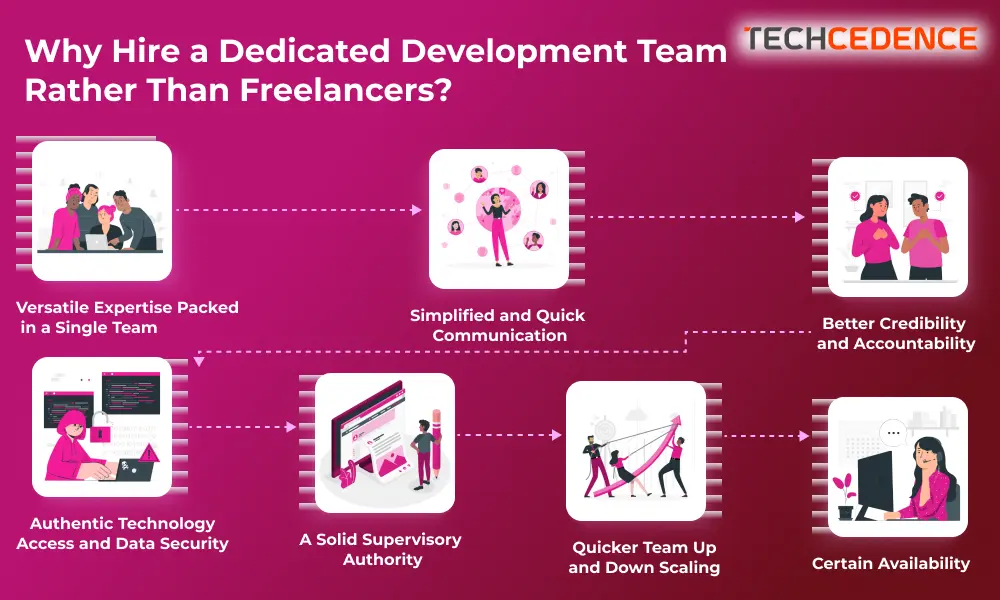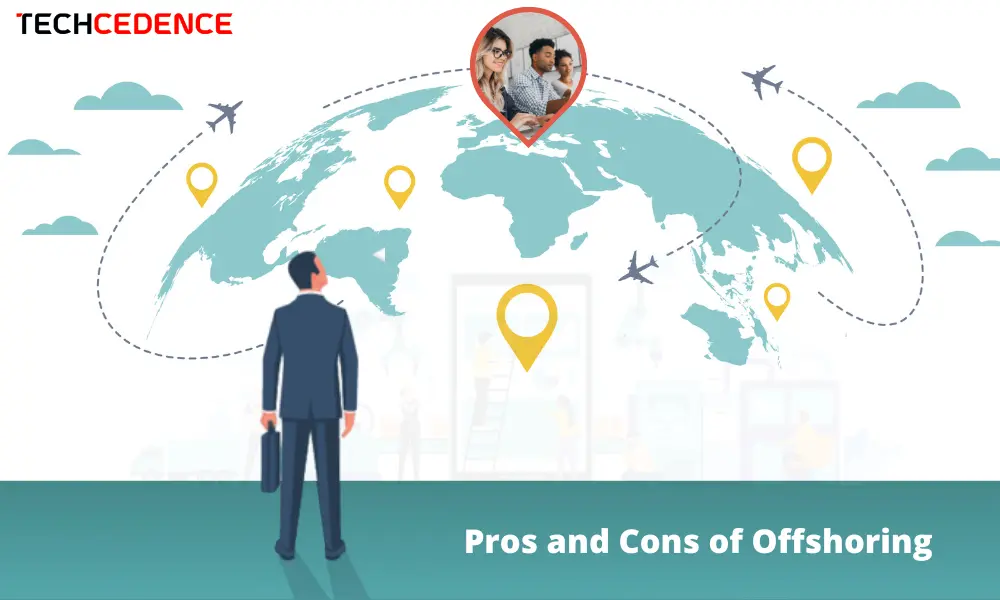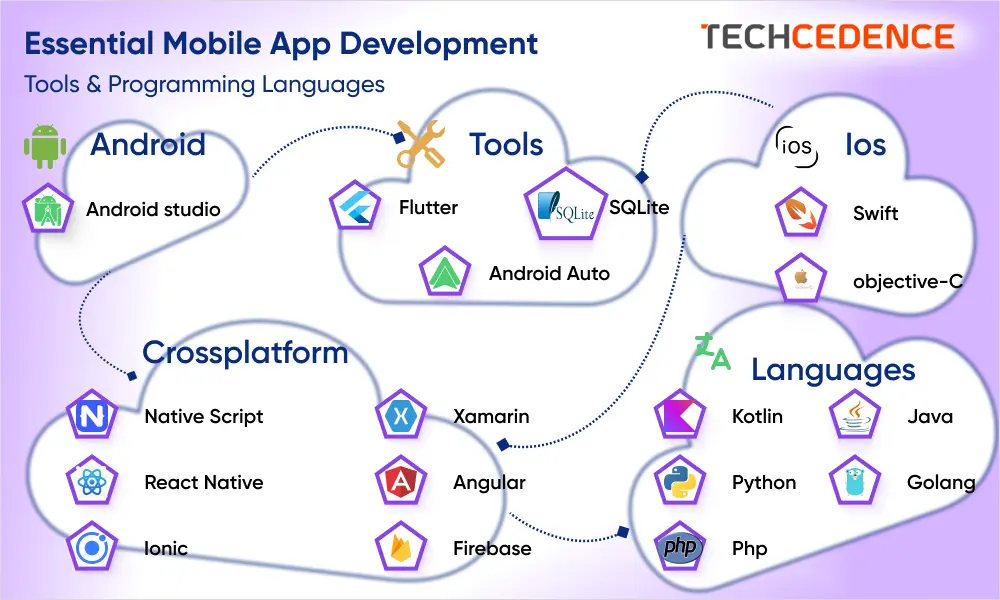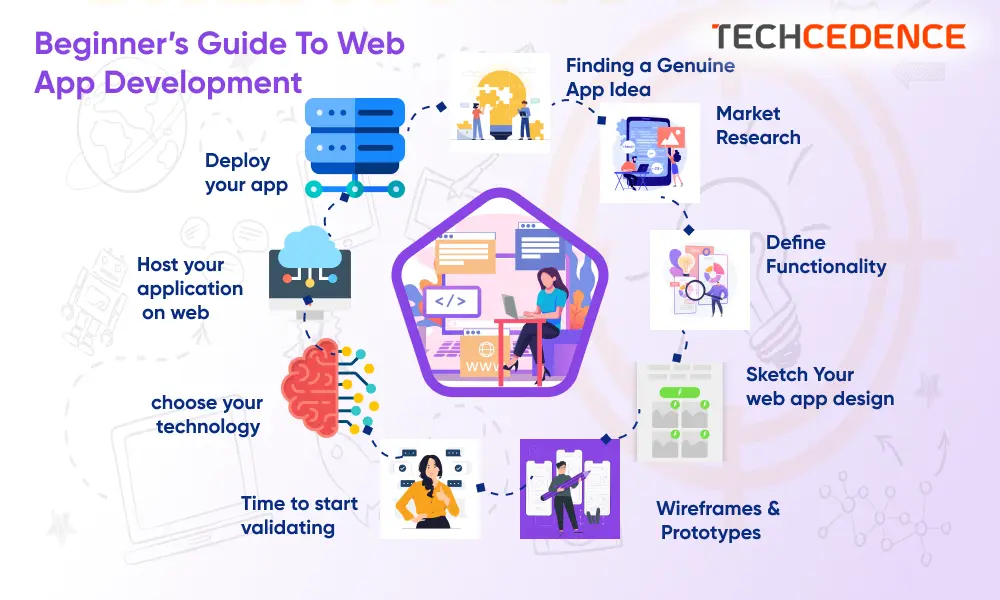Money saved is money earned! Of course, every entrepreneur knows that. But every digital element added to your ecosystem contributes to a significant increase in the operational costs of your business. Mobile apps that are part of a company’s digital infrastructure are a necessity these days. However, many business owners confront high development costs contributing to the overall operational budget.
Per reports, the development aspect of a mobile application alone constitutes around 30-35 percent of the total development budget. Let alone maintenance, annual legacy costs, and several hidden costs that further add once the app is operational.
But that surely doesn’t mean you live with high mobile app development costs and hamper profitability. As a mobile app development company, we’ve identified five trends that can help you reduce your mobile app development costs considerably.
1. Cross-Platform Development
It is a no-brainer that developing a separate application for Android, iOS, and Windows will cost you more. But developing an application for each of these platforms is essential to tap users across every operating system.
An effective way of making your app compatible with all these operating systems while ensuring cost savings is cross-platform development. Cross-platform development works with highly reusable code. You can use the app’s business logic several times by writing it only once and using it on various platforms like iOS, Android, and Windows.
Besides, by choosing a team with cross-platform capabilities, you can save time, effort, and money otherwise incurred in resources with single-platform skills.
2. Agile Methodology
Agile has quickly gained popularity and has become an integral part of mobile app development. Agile project management offers benefits like budget control and rapid development and enables you to divide your project into various parts.
You can further classify those parts as tasks, sub-tasks, and modules, thus making app development more straightforward and effective to handle. Not to forget, the agile development approach also results in lesser rework, which helps control project costs and enhance product quality, potentially leading to a higher RoI.
3. MVP Approach
MVP (Minimum Viable Product) is another useful strategy that helps companies determine their mobile application’s market potential and response. Developing an MVP incurs some costs for sure. But considering the valuable real-time user response and feedback an MVP provides, it is worth investing in developing one.
Developing an MVP enables you, as the mobile app’s owner, to develop precisely what your target audience requires. Thus, you don’t spend time and money trying and erring. Besides, it helps you make an informed entry into the market and increase RoI.
4. Continuous Testing
Testing after completing the development part is a conventional approach. Some errors and mistakes could be significant enough to require a complete redesign or rework. The result increased development costs and time lost in reinventing the wheel. Thanks to new approaches that allow continuous testing.
Continuous testing allows you to fix bugs as the application shapes. It helps avoid humongous rework and the costs that follow it. That surely helps save a significant amount of money, time, and effort.
5. Outsourcing Mobile App Development
This can be the most cost-effective strategy, provided you choose a trustworthy and experienced mobile app development company. Outsourcing helps you save costs associated with various aspects like hiring resources, nurturing full-time resources, and paying their salaries and employee administration costs, infrastructural costs, etc.
Outsourcing allows you to focus on your core business and saves time otherwise spent in micromanaging the various phases of mobile app development.
Build Seamless, Competent, and Cost-Effective Mobile Apps with Techcedence!
Outsource mobile app development to Techcedence! We are an experienced and reliable mobile app development company with a global and diverse mobile app development portfolio. We employ the best and the most cost-effective mobile app development practices to help our clients control the development costs, however, without compromising the mobile app’s quality and launch commitment.
Please contact us at sales@techcedence.com and discuss your mobile app development needs with our experts. We’d be glad to be your mobile app development partner.

















